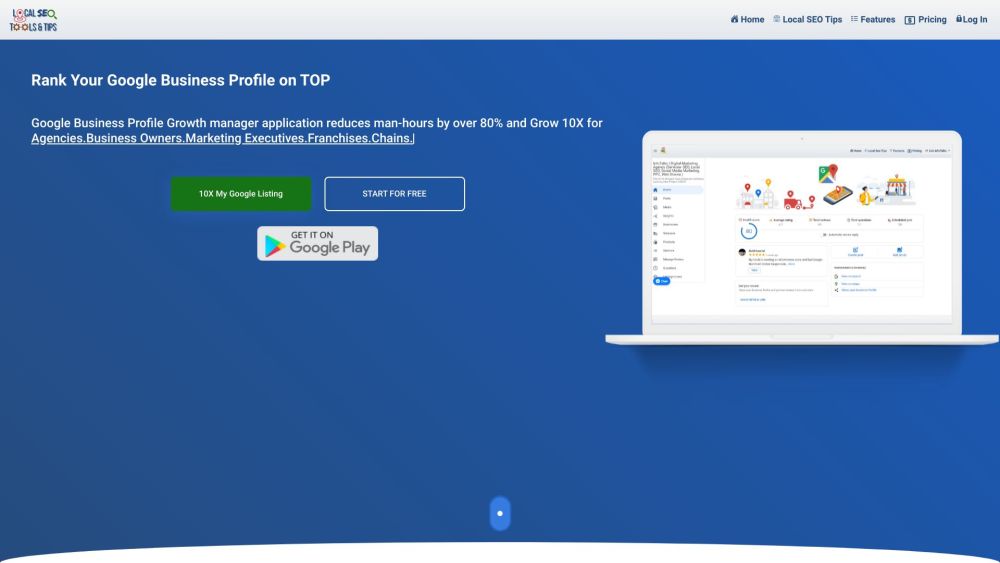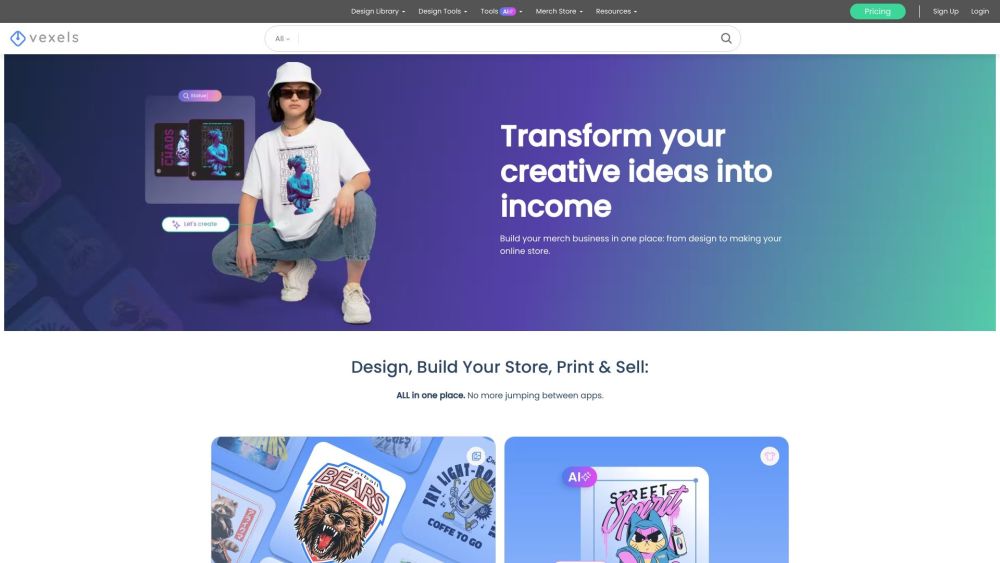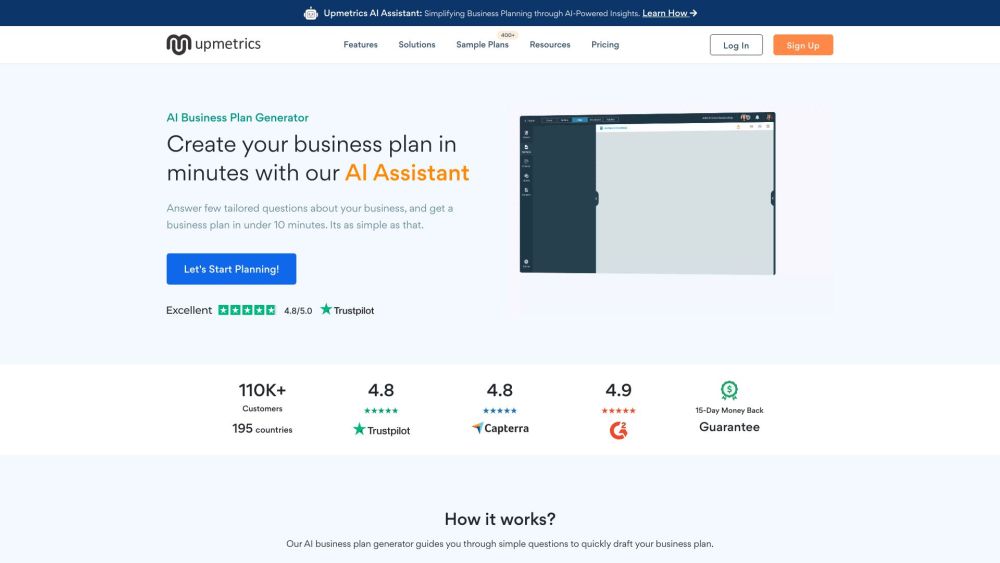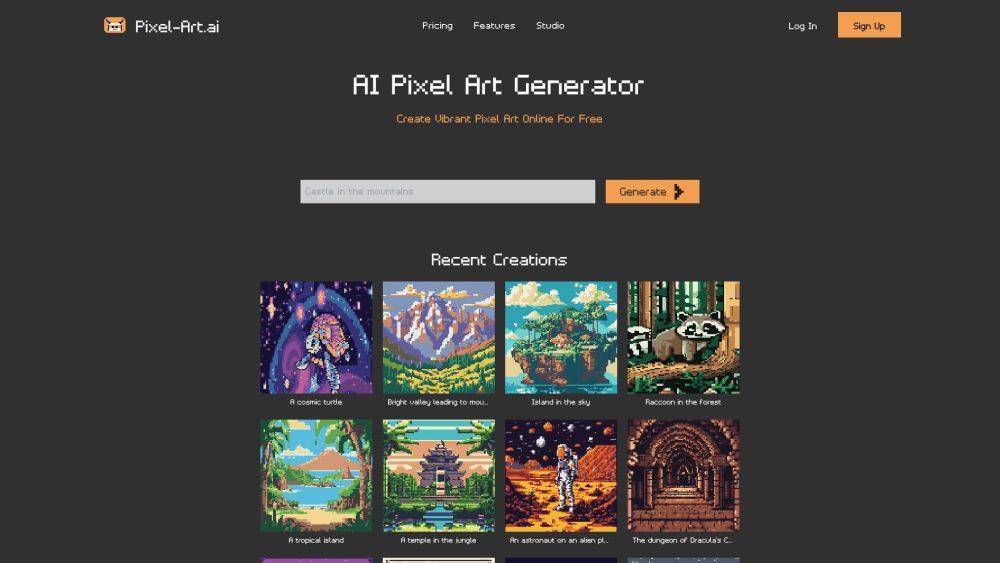Microsoft is set to compensate publishers for their content featured in Copilot Daily, a newly unveiled aspect of its Copilot, an AI-driven cross-platform assistant.
Launched alongside other Copilot enhancements on Tuesday, Copilot Daily offers users a spoken summary of the weather and current events. While Alexa and Google Assistant have provided similar daily updates for years, Microsoft positions its offering as “an antidote to that familiar feeling of information overload.”
“Clean, simple, and easy to digest, Copilot Daily will source information exclusively from authorized content providers,” Microsoft explains in a blog post. The company also hinted that features for reminders and customization will be rolled out over time.
Initial partners for Copilot Daily include Reuters, Axel Springer, Hearst Magazines, USA Today Network, and The Financial Times. The feature is launching only in the U.S. and U.K. for now. Microsoft has not disclosed the financial details or terms of its agreements with these publishers but has indicated its intentions to add more partners and expand Copilot Daily to additional countries in the near future.
For years, Microsoft has compensated publishers through content-licensing agreements on its MSN platform. However, these arrangements previously did not extend to AI products.
As of publication, none of Microsoft’s partner publishers have responded to requests for comment.
These partnerships emerge as several AI companies, including OpenAI, Perplexity, and Apple, adopt payment agreements to mitigate potential copyright infringement claims related to their AI tools. Microsoft is currently engaged in a lawsuit that asserts it used millions of New York Times articles to train chatbots that now compete with the publication. Many of these agreements provide AI companies with essential data for training their models. Estimates suggest that the market for AI training data could reach nearly $30 billion within a decade.
Perplexity has recently started sharing advertising revenue with publishers whose articles appear in its AI-powered search results. OpenAI, on the other hand, is actively licensing content from a range of publishers, including Condé Nast, Time, News Corp, Vox Media, and the Associated Press.
Despite these developments, some publishers, writers, and unions have criticized the structure of these deals, claiming they undervalue quality journalism. For instance, OpenAI’s lower-tier contracts reportedly range from $1 million to $5 million annually, but there have been issues with execution; as of June, OpenAI's chatbot was directing users to non-functional links to partner articles.
However, the news industry is in urgent need of assistance.
According to Fast Company, the sector is projected to lose 10,000 jobs this year, which is an improvement compared to the more than 21,400 journalism positions cut last year, but still presents a troubling outlook.
The decline can be attributed to various factors, including sluggish advertising budgets and inflation affecting subscriptions. The pursuit of a sustainable business model has been further complicated by Big Tech’s search algorithm adjustments and AI-generated search summaries, which have diminished traffic to news websites.
Critics argue that technology has conditioned audiences to expect free content, with nearly half of U.S. citizens sourcing their news from social media. This has allowed Big Tech to capture a significant share of advertising revenue at the expense of traditional publishers. Approximately 60% of global ad spending goes to major tech companies like Google and Meta, with studies showing that broadcasters lose about $2 billion annually in ad revenue to these platforms.




